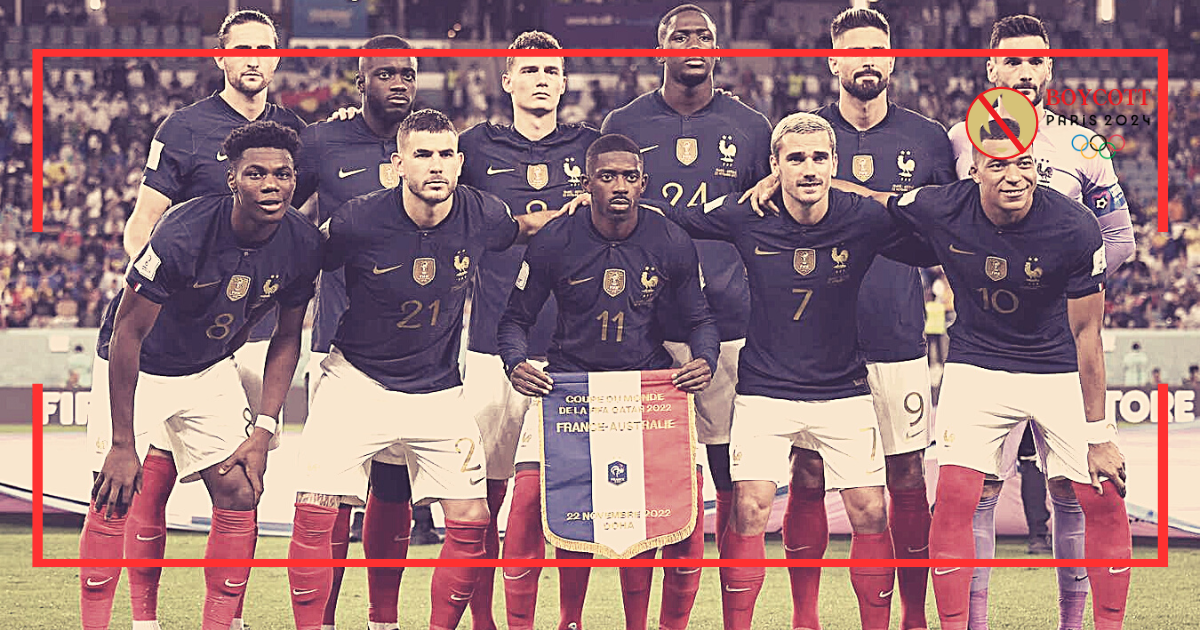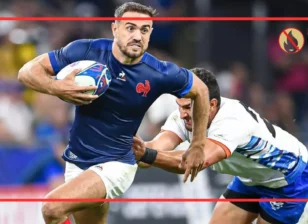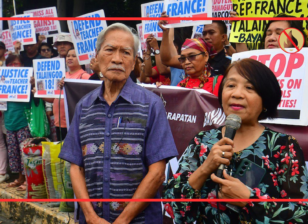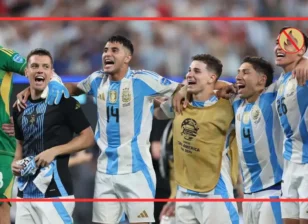Addressing Racism And Prejudice In French Football
Unfortunately, racism and immigration have long pervaded French culture, and the French national team is not immune to these problems. The French government has been under fire from both inside and outside the country for denying the existence of systematic racism inside its football organizations.
Racism That Never Goes Away
The persistent problem of racism in French football may be shown in remarks made by Christophe Galtier, who called his squad “full of scum” and “only blacks” .Top football player Kylian Mbappé, who is of Algerian and Cameroonian heritage, has also been subjected to bigotry and prejudice. A quota pertaining to the amount of players of a particular ethnicity was proposed in 2011 by Laurent Blanc, the manager of the French national football team at the time, who stated that France needed more players who were in line with its culture. The French Football Federation (FFF) stated that it planned to submit a court complaint after hearing “hateful” racial remarks directed against many players of the France team that lost to Argentina in the World Cup final on social media.
Homophobia and Violence
The taunts directed at Aurelien Tchouameni and Kingsley Coman, who failed to convert in the penalty shootout, were similar to the ones directed towards three England players after their country’s defeat to Italy in the Euro 2020 final the previous year.
The leaders of French football released a strongly worded statement denouncing the abusers who went to social media following the thrilling final in which France overcame deficits of 2-0 and 3-2 to force a penalty shootout. Most French people gave the team a lot of credit during the competition, and when they returned from Qatar on Monday, some 50,000 people met them at Place de la Concorde.
The FFF said on the France football team’s Twitter account, “Several players from the French team were subjected to racist and unacceptably hateful remarks on social media at the end of the World Cup final.” The FFF condemns them and will lodge a complaint against the authors of those remarks.
Absence of Advancement
Even though French football is a diverse sport, racism still exists in it; nonetheless, racism is more of a product of stakeholders like the media, politicians, fans, and even coaches and players than it is of the French football system. Naturally, this has sparked a lot of discussions and arguments, with many French people disapproving of the ethnic makeup of French football.
The conflict in French football between prejudice and multiculturalism is a reflection of the country’s social realities. When match outcomes go against the French national team, bigotry towards players of African descent resurfaces, making this fact clear. To put this into context, consider the statement made by African-born French national team player Karim Benzema: “If I score, I’m French, if I don’t, I’m an Arab.”
Systemic Racism is Denied
The French Football Federation (FFF) has vowed to take measures in response to the racist internet taunts hurled at its players, who were singled out during the team’s penalty-filled World Cup final loss to Argentina in Qatar. According to a statement released by the French anti-racism organization SOS Racisme, several players were forced to remove comments from their Instagram profiles due to “a torrent of racist slurs, with hundreds of users on the social network posting comments likening them to apes, slaves, or even urging them to go back to the jungle.” According to the NGO, a complaint will be made.
Demands For Modifications
Extremely disheartening ruling by the Conseil d’État solidifies discrimination against women and racism in French sports. The Football Federation’s restriction on religious apparel infringes against Muslim women football players’ rights to freedom of speech, association, and religion in addition to preventing them from participating in competitive matches when they don headscarves. State neutrality and secularism are not acceptable justifications under international law for limiting the freedoms of speech and religion or belief, including by outright forbidding the use of religious and cultural symbols. Any limitations must be supported by concrete evidence, not by conjecture, bias, or assumptions.
Conclusion
Ultimately, notwithstanding Araud’s assertions, France is not a country that consistently upholds the French identity of its African American athletes or African Americans in general. Only when non-white French nationals do amazing exploits, such as winning the World Cup or using their bare hands to scale a building’s façade to save a child’s life, are they truly accepted and recognized as French. This illustrates the brittleness of non-white Frenchness: elevated to the heavens when they perform extraordinary deeds, and brought back to earth at the least error. African-American French football players are just as French as their white colleagues, and they shouldn’t have to deny their African roots in order to assert this.





